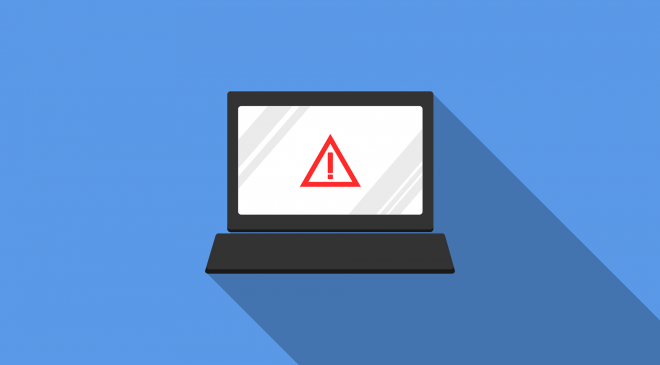
Building on proactive delivery.
By 2023, 80% of APEJ organizations faced with complex global regulations will increase security compliance automation investment by 15% to ensure all policies and regulations are met consistently. This is just one of IDC’s predictions unveiled in its latest report, IDC FutureScape: Worldwide Future of Trust 2022 Predictions – APeJ Implications.
Data security, confidentiality, integrity, and availability are now key issues for all organizations, as is the imperative to use data ethically while complying with a complex web of industry and regional regulations. Organizations must also recognize – and be sensitive to – practices that pose risks to the environment and humanity. The sense of urgency is building on proactive delivery of all the elements of Trust – risk, compliance, security, privacy, and social environmental responsibility and ethics.
“Asia/Pacific organizations understand the importance of integrating trust as part of their future strategic plans. Whilst building trust is essential, maintaining positive trust levels is the key challenge for Asia/Pacific organizations,” says Jeff Xie, Senior Market Analyst for Security and Trust Research, IDC Asia/Pacific. “Managing the various elements of Trust creates trust outcomes that goes beyond the individual entities and Asia/Pacific organizations that leverage these predictions positively can gain a competitive advantage.”
IDC’s Future of Trust top 10 predictions provide guidance to business leaders on how trust can be achieved and maintained as they navigate the changes ahead:
#1: Risk and Trust: By 2026, 25% of APEJ organizations will replace net promoter score–like metrics with trust indices in RFPs to align traditional security and risk solutions with customer success, brand, and reputation.
#2: Geopolitical Risk: By 2026, 20% of APEJ enterprises will incorporate cyber-resiliency planning in response to transnational sanctions against countries that neglect overseas illegal cyberactivities of their citizens.
#3: Shared Risk: By 2023, 20% of the largest public cloud customers in APEJ will subscribe to integrated risk management and cyberinsurance policies through shared fate/risk programs to protect against sophisticated cyberattacks.
#4: Unified Security First: By 2023, 40% of APEJ organizations will allocate half of their security budgets to cross-technology ecosystems/platforms designed for rapid consumption and unified security capabilities to drive agile innovation.
#5: Digital Transformation and Security: By 2023, 20% of APEJ IT buyers with IT environments that span disparate locations, clouds, remote workers, and devices will turn to network security as a service to ensure consistent protection.
#6: Regulation and Automation: By 2023, 80% of APEJ organizations faced with complex global regulations will increase security compliance automation investment by 15% to ensure all policies and regulations are met consistently.
#7: Privacy First: By 2023, 33% of digital platforms will appoint resident compliance officers to limit liability from criminal penalties imposed by evolving regulations related to negative social impact of misinformation.
#8: Governance: By 2026, 20% of organizations will commit to short-, mid-, and long-term sustainability objectives that span 10+ years with assured funding from stakeholders despite change of personnel during this time.
#9: Operations: To prepare for future disruption while maintaining supplier sustainability mandates, 55% of organizations will prioritize supply chain resiliency and responsible sourcing by 2023.
#10: Blockchain and Customer Experience: By 2025, 10% of the largest 500 APEJ organizations will employ blockchain-enabled customer data tokens and basic attention tokens to compensate customers for the gathering and use of their data.




